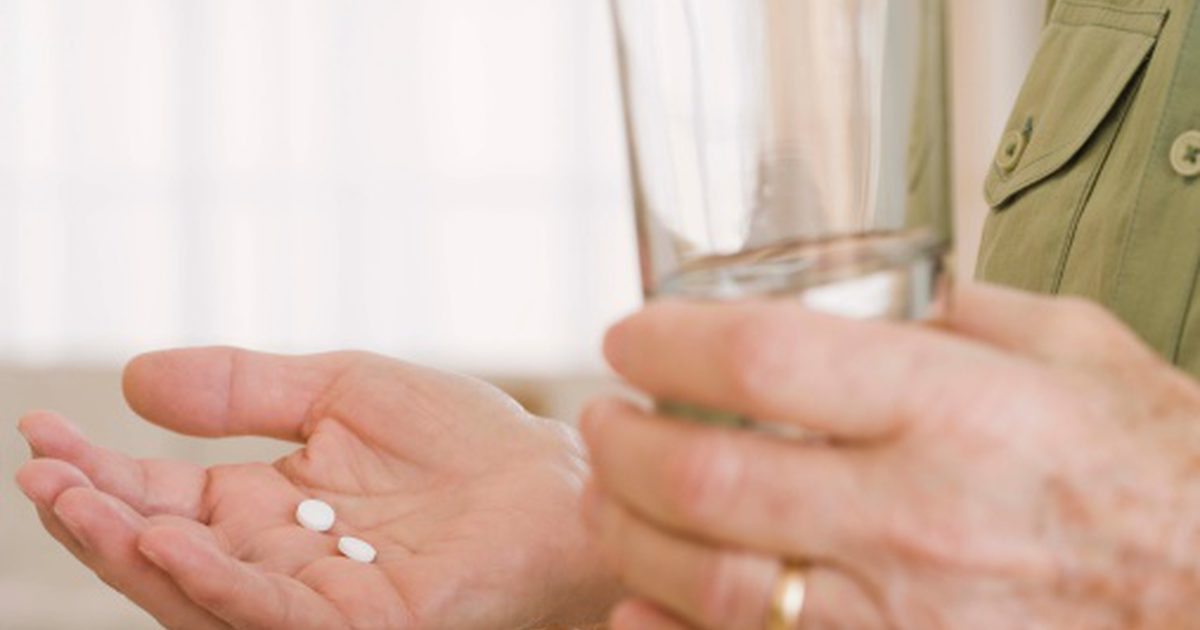How To Treat Cold Sores
Cold sores are a viral skin disorder caused by the herpes simplex virus. They commonly occur around the mouth and the lips, but they are also known to appear on the nose, cheeks, hands, and other parts of the body. Almost ninety percent of all adults will have experienced a cold sore at one point during their lives. However, after the initial infection, many individuals develop antibodies that protect them from suffering from further outbreaks. Despite some developing a resistance to the virus, others remain prone to recurrent outbreaks. Minor cold sores can be an inconvenient nuisance, but they can also emerge as severe and painful blisters that require additional medication and self-care.
Topical Antiviral Medication

One of the most common methods of treating cold sores is through topical antiviral medication, the most popular of which is docosanol. A doctor may prescribe a stronger medication to treat severe cold sores and promote healing, which usually contains numbing agents like phenol or menthol. These additives help to alleviate pain, soften scabs, and prevent cold sores from cracking and becoming further irritated.
Most cold sore medications work by protecting healthy skin cells from the virus that causes cold sores. Do note over-the-counter medications are not a permanent cure for the virus. Although these medications help to treat cold sores and speed up recovery time, it is still possible to pass the virus to another person during an outbreak.
Oral Antiviral Medication

In aggressive cold sore cases, a doctor may need to prescribe oral antiviral medication. Oral antiviral tablets like Acyclovir have proven to assist those suffering from cold sores speed up their recovery time. These medications can also reduce your chances of developing cold sores when used routinely over time. Sometimes doctors prescribe these medications to their patients to reduce the risk of a cold sore outbreak during high-risk times, including increased exposure to the sun, harsh winter weather, or after receiving cosmetic surgery.
Oral antiviral tablets tend to work best when taken within a day or two of the initial cold sore outbreak. Similar to topical cold sore treatments, oral antivirals are not a permanent cure for the virus, and you can still pass the virus to others while taking these medications. Women who are pregnant or nursing in addition to patients with a history of kidney problems should be careful to discuss with their physicians their best options for treatment.
